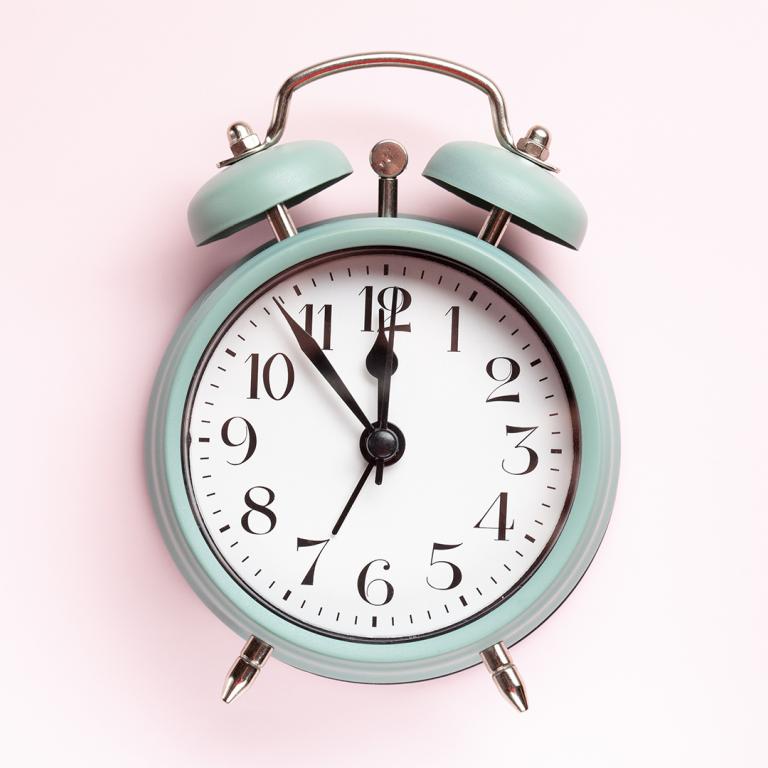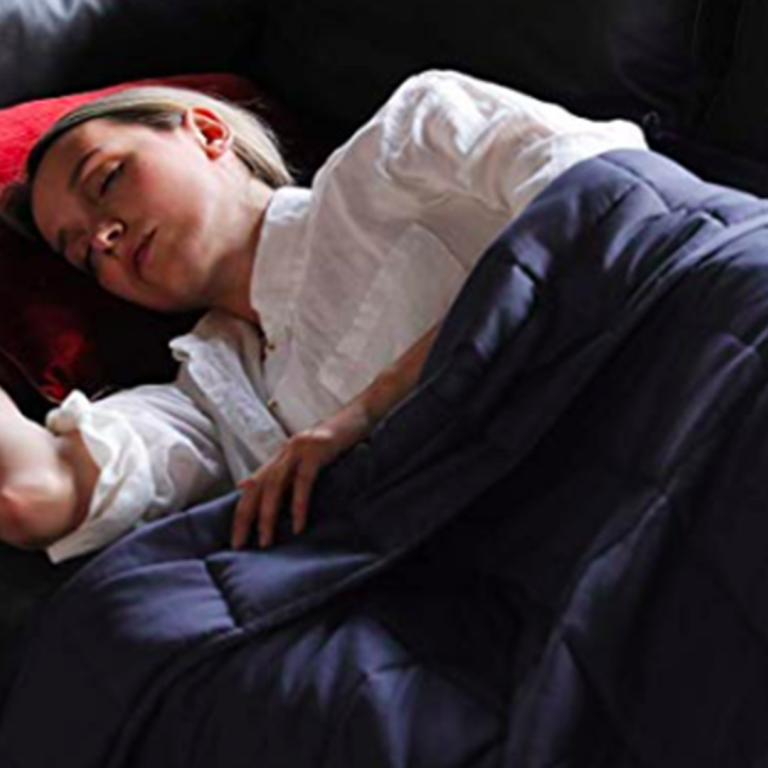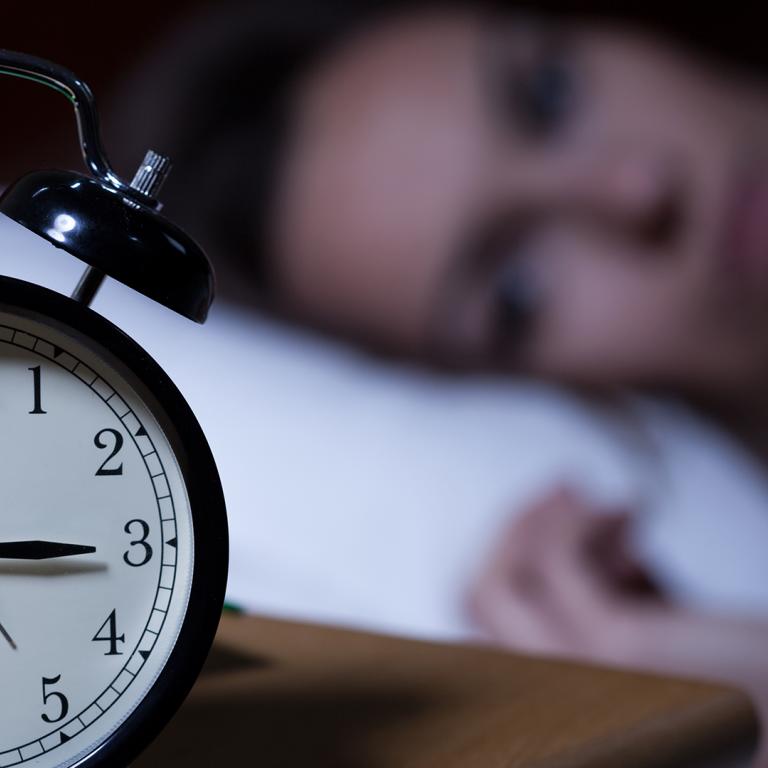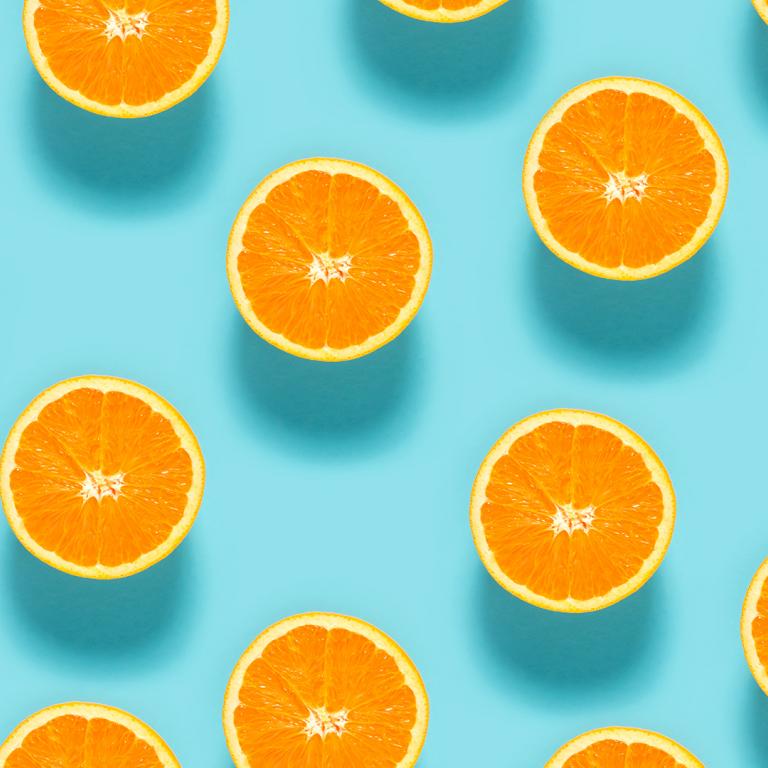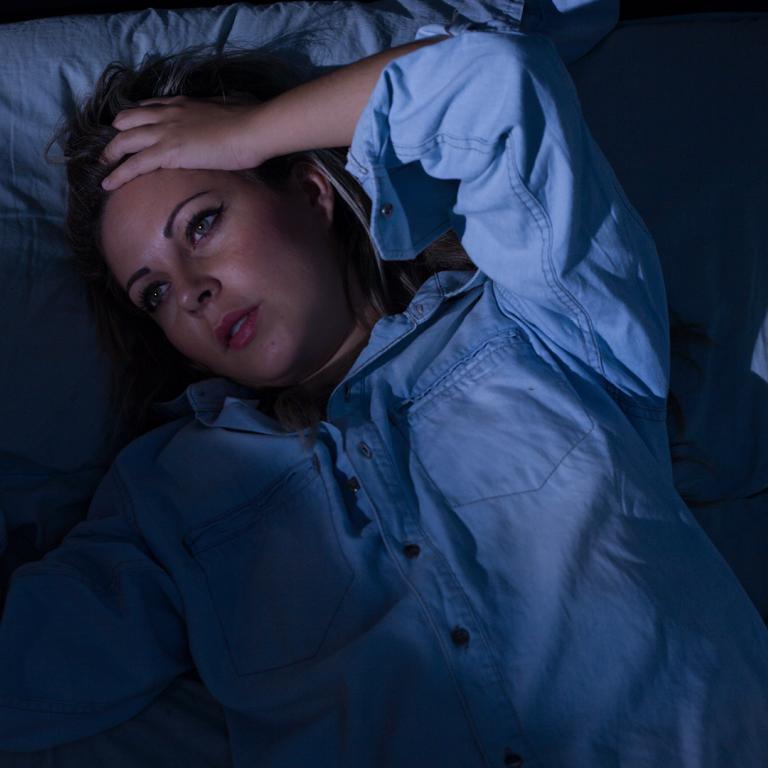

Do Blue Light Glasses Actually Work? Sleep Doctor Answers

Q&A with Organizational Pro Peter Walsh + Dermatologist Shares A…

Actor Hank Azaria + Freezer Meals + Artichokes 2 Ways with Rach

See Inside Barbara Corcoran's Stunning NY Apartment + It's Steak…

How to Make Chicken and Lobster Piccata | Richard Blais

Donnie Wahlberg Spills Details About NKOTB's First Ever Conventi…

Donnie Wahlberg + Jenny McCarthy Say Rach Is Such a "Joy" + Look…

The Best Moments From 17 Seasons of the Show Will Make You Laugh…

How to Make Crabby Carbonara | Rachael Ray

Rach Chats "Firsts" In Flashback From Our First Episode Ever In …

How to Make Apple-Cider Braised Pork Chop Sandwiches with Onion …

Rach's Chef Pals Say Goodbye to Show in Surprise Video Message

How to Make Sesame Cookies | Buddy Valastro

How to Make Tortilla with Potatoes, Piquillo Peppers and Mancheg…

How to Make Shrimp Burgers | Jacques Pepin

How to Make Spanakopipasta | Rachael Ray

Andrew McCarthy Chokes Up Discussing Emotional Trip to Spain wit…

Celebrity Guests Send Farewell Messages After 17 Seasons of the …

Celebrity Guests Send Farewell Messages After 17 Seasons of the …

Andrew McCarthy Teases Upcoming "Brat Pack" Reunion Special

Michelle Obama Toasts Rach's 17 Years on the Air With a Heartfel…
If you have trouble falling asleep, your late-night social media scrolling habits — specifically the blue light emitted from the screen of your device — could very well be to blame.
As health and science journalist Max Lugavere has told us, "The blue light emitted from TV screens, laptops and even smartphones causes your brain to think that it's daytime and that can inhibit, or at least suppress, the release of melatonin, which is your body's sleep hormone."
But if you find that your pre-bedtime screen time actually relaxes you, sleep doctor Dr. Michael Breus says you don't necessarily have to break the habit.
"Almost nobody is going to do the electronic curfew," Dr. Breus admits. "The solution [is] blue light-blocking glasses."
"You can still watch television, you can still actually be on your phone — supposing you're doing something relaxing," the doc explains, "and the blue light is not affecting your ability to fall asleep."
That sounds like a win-win to us.
You can shop Dr. Breus' blue light glasses here.
MORE: We Tried 5 Blue Light Glasses From $18 - $145 & Here's What We Thought



